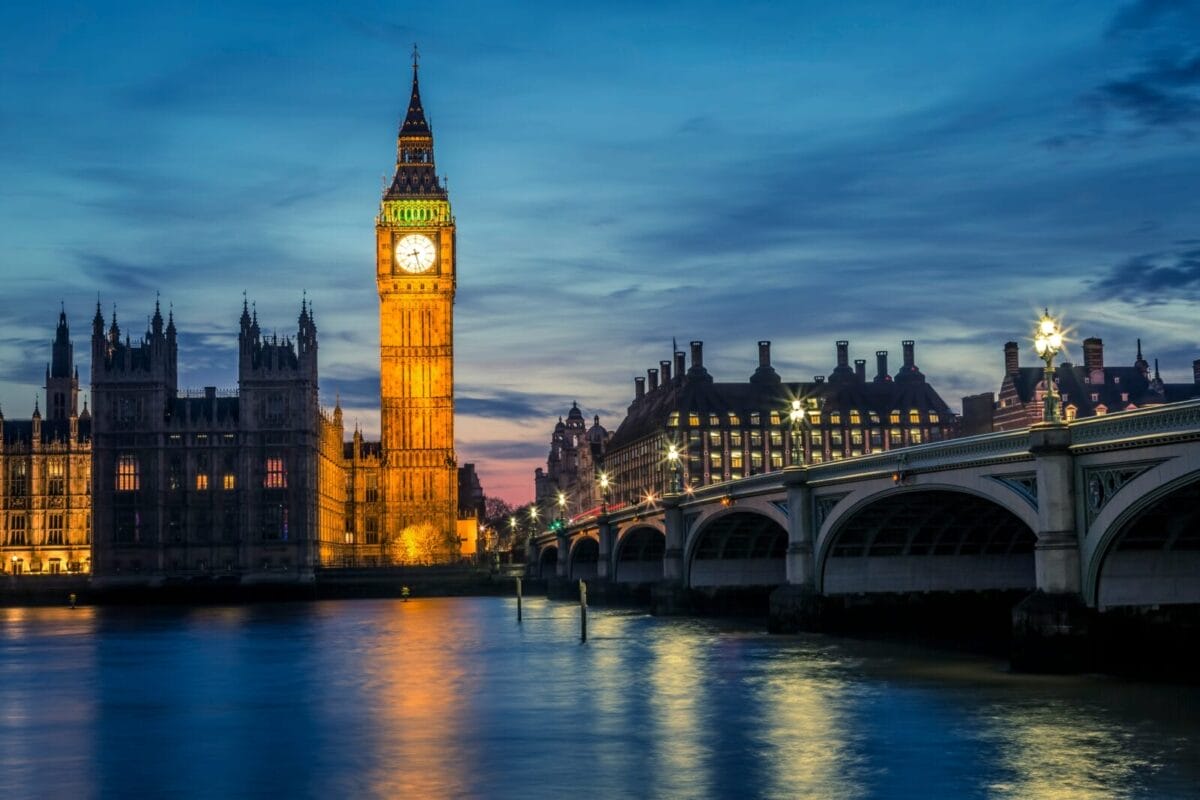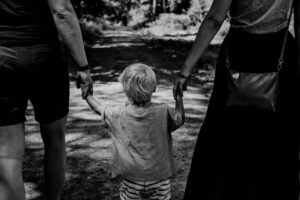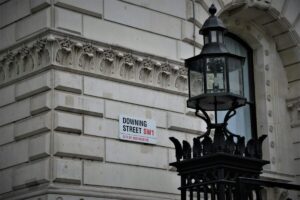Holly Tomlinson, financial planner at Quilter comments on the annual Child Benefit statistics:
“This latest data shows just how far the High Income Child Benefit Charge (HICBC) has reshaped the Child Benefit system. Over 712,000 families have now opted out of receiving Child Benefit entirely, affecting more than a million children. It’s a stark figure that speaks to the policy’s long reach and lasting impact on middle-income households.
While the number of families opting out fell by nearly 4% in the last year — the first drop since the charge was introduced in 2013 — this is likely a direct response to the threshold increase in April, which raised the starting point for the charge from £50,000 to £60,000. But this modest recovery doesn’t undo the cumulative damage. The number of families receiving Child Benefit has fallen to its lowest level since 2003, despite population growth and rising household costs. What was originally intended to be a simple benefit for families that helped offset the cost of raising a child that would ultimately help boost economic growth in the future is becoming ever more complex and moving away from its original design.
Our FOI to HMRC reinforces this trend. Penalties issued to families for failing to notify HMRC about the charge dropped by 99% year on year, from over 7,000 in 2022/23 to just 75 in 2023/24. That fall reflects both increased awareness, which HMRC says it has been working hard to improve, and a broader shift in tone from government after years of criticism about how unfairly the system has operated.
The previous Conservative government pledged to move to a fairer, household-based model by 2026, but the Labour government has since walked back that commitment, citing cost concerns. That’s a real disappointment, especially when the current system still penalises single-earner and single-parent families, while letting two high-earning partners remain under the radar.
Until wider reform happens, families need to tread carefully. Those near the threshold may be able to use salary sacrifice to reduce their adjusted net income and retain their Child Benefit. And anyone opting out should ensure the primary carer still receives National Insurance credits, which are vital for building up State Pension entitlement.
One of the most effective ways to reduce your adjusted net income, which HMRC uses to calculate how much Child Benefit you have to repay, is by making pension contributions. Contributions made through salary sacrifice reduce your taxable income before it’s even paid. This can help bring you below the £60,000 threshold or reduce how much of the benefit is clawed back. Even personal pension contributions made from net income attract tax relief and reduce your adjusted net income, offering a powerful incentive to save for retirement while protecting access to Child Benefit.”









![[UNS] tax](https://ifamagazine.com/wp-content/uploads/wordpress-popular-posts/787063-featured-300x200.webp)
![[uns] office, appointment, staff](https://ifamagazine.com/wp-content/uploads/wordpress-popular-posts/787084-featured-300x200.webp)




